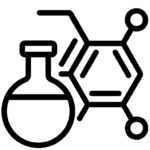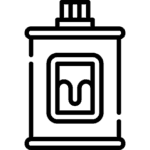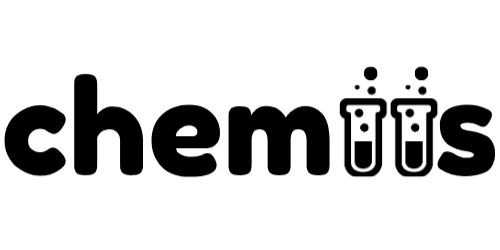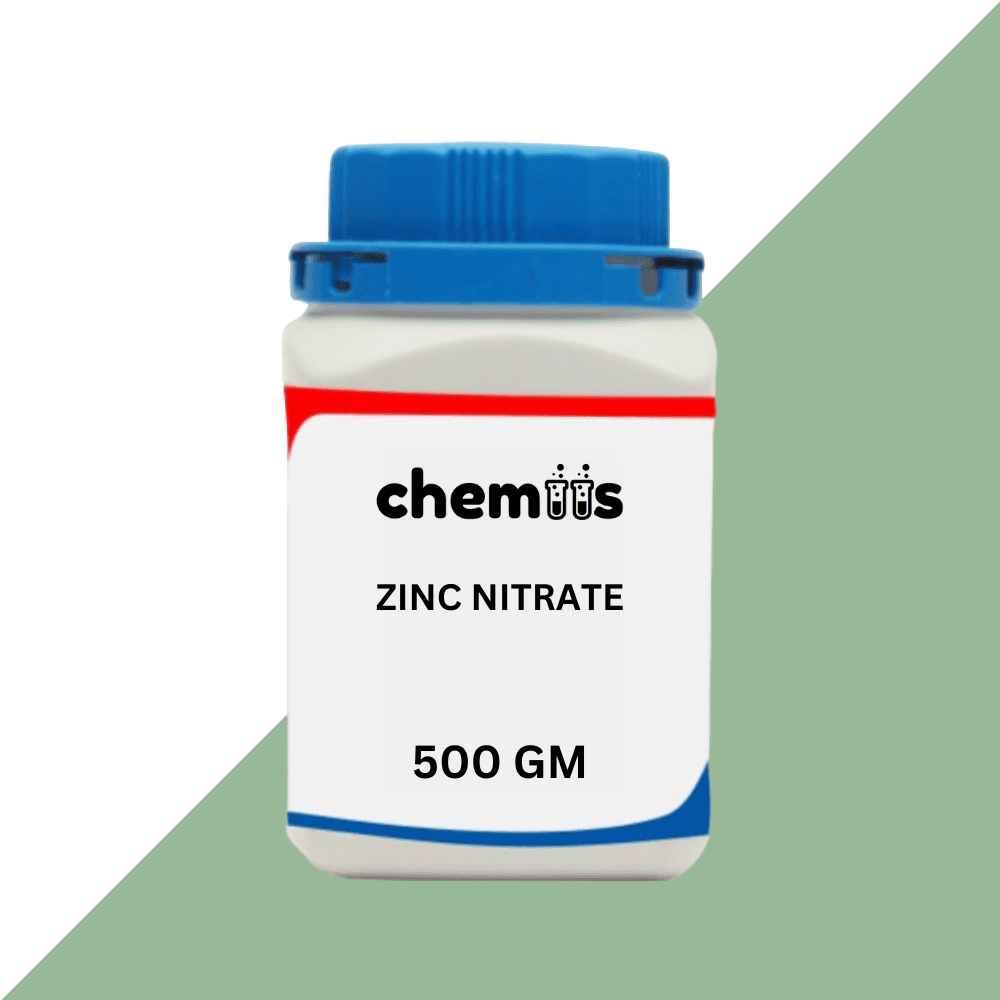Zinc Nitrate is an inorganic chemical compound composed of zinc, nitrogen, and oxygen with the molecular formula Zn(NO₃)₂. This highly soluble compound is typically found in the form of colorless or white crystalline granules or powder. Zinc Nitrate is widely used across several industries, including agriculture, chemicals, and electroplating due to its unique chemical properties.
Applications of Zinc Nitrate
1. Agriculture and Fertilizer Production
- Micronutrient in Plant Nutrition:
Zinc is an essential micronutrient for plants, and Zinc Nitrate is used in fertilizers to correct zinc deficiencies in soils. It helps in enhancing plant growth, promoting enzyme activity, and improving seed formation. Zinc Nitrate is often used as a foliar spray for crops like corn, wheat, and rice.
2. Electroplating and Metal Finishing
- Electroplating Process:
Zinc Nitrate is used in the electroplating industry to deposit a layer of zinc onto various metal surfaces. This process is typically used for corrosion protection and improving the surface quality of metal objects. Zinc Nitrate serves as a source of zinc ions in the electrolytic solution, which get deposited on the metal surface.
3. Chemical Synthesis
- Catalyst in Chemical Reactions:
Zinc Nitrate is used in various chemical synthesis processes as a catalyst or reagent. It plays an essential role in the production of organic and inorganic compounds, including those used in pharmaceuticals, dyes, and pigments. Zinc Nitrate can be used as a starting material for the synthesis of other zinc-based chemicals.
4. Flame Retardant Production
- Flame Retardant Applications:
Zinc Nitrate is used in the manufacturing of flame retardants for polymers, textiles, and other materials. When incorporated into the material, it helps reduce the flammability and prevents the spread of fire.
5. Water Treatment and Purification
- Purification of Drinking Water:
In some cases, Zinc Nitrate is used in water treatment as a coagulant to remove impurities and improve water quality. It aids in the removal of contaminants and can help to clarify water for consumption.
6. Laboratory Reagent
- Analytical Chemistry:
Zinc Nitrate is used in laboratories as a reagent in various chemical analyses, particularly in flame spectroscopy and tests for detecting the presence of certain ions. It is also employed in the preparation of other zinc salts.
Safety and Handling Guidelines
1. Hazards and Precautions
- Health Hazards:
Zinc Nitrate can pose risks to health if handled improperly.- Inhalation: Breathing in zinc nitrate dust or fumes may cause respiratory irritation. Prolonged exposure can lead to more serious health issues such as lung damage.
- Skin Contact: Zinc Nitrate may cause irritation upon prolonged skin contact. It is important to wash any affected skin immediately.
- Eye Contact: Zinc Nitrate can cause severe irritation or damage to the eyes if it comes into contact with them.
- Ingestion: Ingesting Zinc Nitrate can be harmful and may lead to nausea, vomiting, abdominal pain, and other gastrointestinal issues.
- Environmental Hazards:
Zinc Nitrate is harmful to aquatic life and should not be disposed of in water sources. It can contribute to water contamination and disrupt aquatic ecosystems.
2. Personal Protective Equipment (PPE)
- Respiratory Protection:
Wear an N95 mask or a respirator to avoid inhaling fumes or dust when handling Zinc Nitrate in powdered form or during processes that generate vapors or dust. - Eye Protection:
Wear goggles or a face shield to prevent Zinc Nitrate from coming into contact with the eyes, especially during handling or mixing processes. - Skin Protection:
Protective gloves, long sleeves, and aprons should be worn to avoid skin contact with Zinc Nitrate, particularly in the granular or powdered form.
3. Storage Instructions
- Storage Conditions:
Store Zinc Nitrate in a cool, dry place, away from incompatible materials such as flammable substances and reducing agents. It should be kept in tightly sealed containers to avoid moisture absorption and contamination. - Incompatibilities:
Zinc Nitrate should not be stored with organic materials, reducing agents, or flammable substances as it can facilitate combustion. It is also incompatible with acids, which may trigger dangerous reactions.
4. Spill and Cleanup Procedures
- Small Spills:
In case of a small spill, sweep up Zinc Nitrate carefully and place it into a suitable container for disposal. Ensure there is no exposure to water or other incompatible materials during cleanup. - Large Spills:
For large spills, isolate the area and ventilate the space to avoid inhalation of fumes. Use absorbent material to contain the spill and dispose of it in an appropriate waste container.
5. First Aid Measures
- Inhalation:
If Zinc Nitrate dust or fumes are inhaled, move the person to fresh air immediately and seek medical attention if symptoms persist, such as coughing or difficulty breathing. - Skin Contact:
Remove contaminated clothing and rinse the skin thoroughly with soap and water. If irritation continues, seek medical advice. - Eye Contact:
Rinse eyes immediately with plenty of water for at least 15 minutes. If irritation persists, consult a doctor. - Ingestion:
If Zinc Nitrate is ingested, seek immediate medical attention. Do not induce vomiting unless directed by a healthcare professional.


















Reviews
Clear filtersThere are no reviews yet.